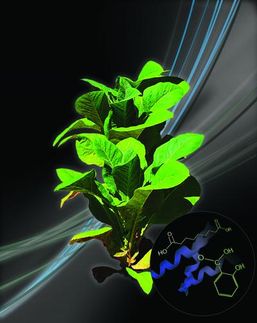Novozymes launches enzyme to reduce acrylamide in food
Advertisement
Researchers from Novozymes have found a solution to reduce the level of acrylamide in food products such as cookies, crackers and snacks. Novozymes launches Acrylaway to reduce acrylamide which is formed when starchy foods are baked, fried or toasted at high temperatures. Acrylamide is under suspicion of causing cancer.
In 2002, a study by the Swedish National Food Authorities discovered considerable levels of acrylamide in food products such as French fries, biscuits, snacks and crackers. The study raised awareness of acrylamide worldwide. A new enzyme called Acrylaway addresses this problem. According to Novozymes, Acrylaway can be applied to a wide range of products opening up for an overall reduction of average daily intake of acrylamide for consumers worldwide. Independent tests show that Acrylaway effectively reduces acrylamide levels by 50% to 90% in a broad range of foods such as biscuits, crackers, crisp bread and snacks.
Acrylamide may be formed during the heat-induced reactions that produce the brown colour and characteristic tasty flavour of baked, fried and toasted foods. Basically it involves two common substances, naturally present in foods, namely sugar and an amino acid called asparagine. The sugar reacts with the amino acid when the food is heated and forms acrylamide.
The new enzyme technology reduces acrylamide formation by converting free asparagine into another naturally occurring amino acid, aspartic acid that cannot contribute to acrylamide formation. In practice it is done by blending Acrylaway into the dough before the final product is baked or fried. Acrylaway only converts free asparagine, and therefore does not impact nutritional properties or the desirable browning and flavour-producing reactions normally obtained during baking and frying.



















































